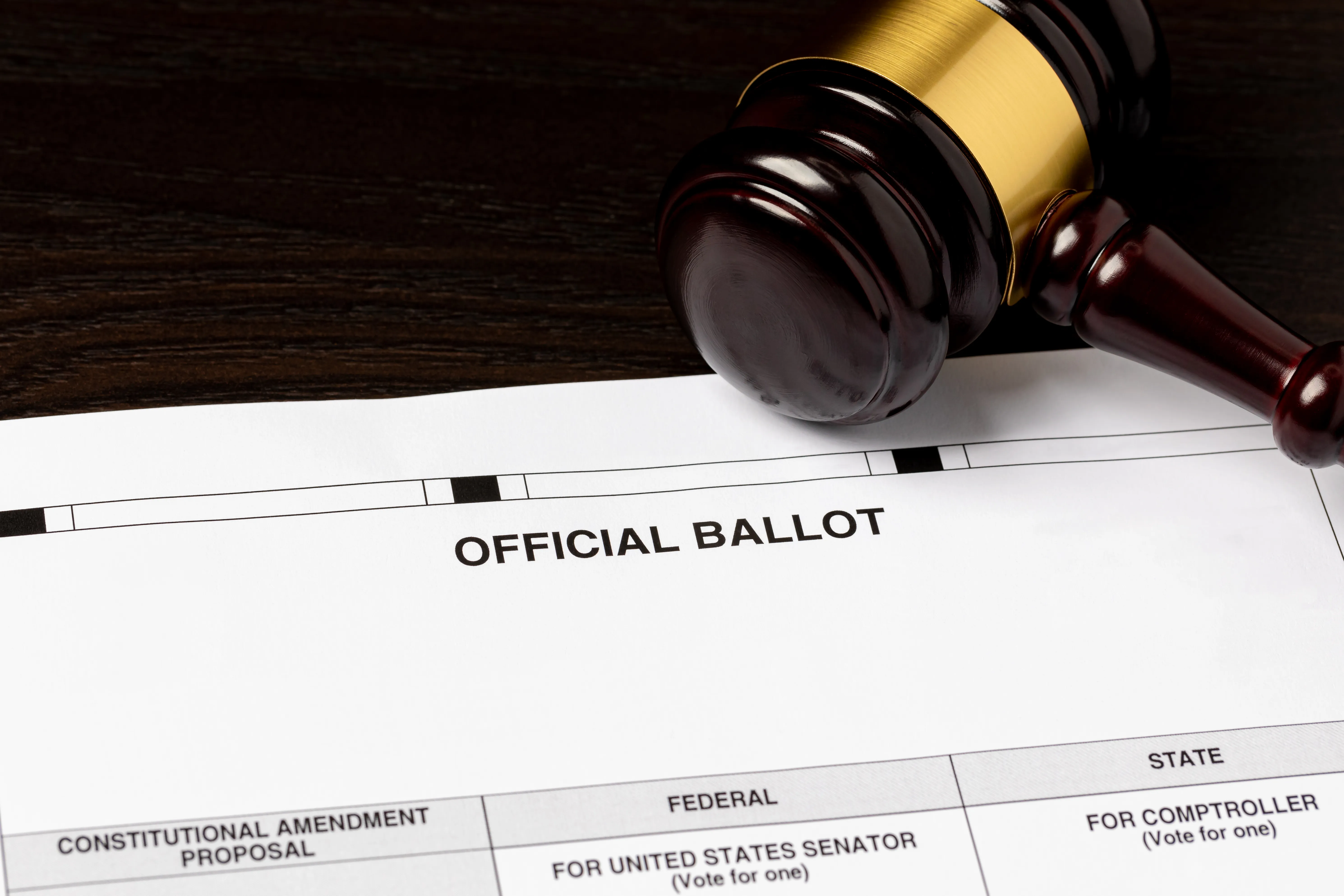
Colorado special session leads to further delay of state’s AI law
Colorado lawmakers will take up the task — once again — to tweak the state’s artificial intelligence regulations during the regular lawmaking term next year, after negotiations on the policy broke down during the special session and they decided to extend the existing AI law’s start date.
They will have until June 30 to change the law or allow it to go into effect, which many at the Capitol are not keen to do.

© iStock - nick1803
“We care about our constituents being treated fairly, having access to opportunities and we care about our constituents’ privacy, their data and their knowledge of where that goes,” said Rep. Jennifer Bacon, a Denver Democrat. “I just want to remind us of that so when we continue to have these conversations, we orient on that.”
“I’m asking that with this delay, we come together to solve this problem because we have committed to lead and respect our constituents,” she added.
The state’s AI law, passed in 2024, included guardrails to mitigate the risk of discrimination when companies use AI systems to make big decisions related to housing, finances and education. It requires risk assessments and disclosures of when AI is being used for those decisions and allows the attorney general’s office to enforce the law and levy fines.
As soon as the ink was dry, however, business groups and the tech industry raised concerns about a chilling effect on innovation and the costs of implementation once the law went into effect, originally set for February 2026.
An issue task force met for about a year to find compromise and bring a policy tweak during the regular session earlier this year, but negotiations fell through and lawmakers adjourned in May without changing anything. Gov. Jared Polis then included AI in his call for this special session, which was primarily to solve a billion-dollar revenue shortfall caused by federal tax code changes.
Two competing AI bills were introduced during the special session to change how the law would operate. One was crafted by the 2024 law’s architects, including Senate Majority Leader Robert Rodriguez, a Denver Democrat, while the other was backed by a bipartisan, more moderate group of lawmakers. Both bills were eventually whittled down to simple delay the original law’s effective date.
Rodriguez said negotiations over his bill, Senate Bill 25B-4, had “reached a deal” as of Sunday night. The framework would have further simplified the disclosure bill, allowed consumers to correct information about themselves within a system and altered the liability component of the law between developers who create the AI systems and deployers who use them.

But not all sides, namely tech, could agree to that.
“The proposed deal that had been circulated during the Colorado legislature’s special session fell short,” Meghan Pensyl, Business Software Alliance’s Director of Policy, said in a statement. “Colorado now has an opportunity to craft clearer, more practical rules for high-risk AI that build public trust in technology and support AI adoption across the economy.”
The deal fell apart by Monday morning, and Rodriguez amended the bill to delay the implementation date.
“Overnight, the tech industry decided that they were so unhappy with the compromise that had been achieved by consumer protection organizations, educators, labor, and business that they would rather return to (the 2024 law),” he said on the Senate floor. “It became impossible to iron out a path forward that works for everyone. That is why I am delaying implementation.”
Negotiations over changes to the law will now take place during the regular lawmaking term that starts in January and ends in May, giving interest groups more time than a handful of days during the special session to iron out the details of what could be a nation-leading policy.
“I think a delay is extremely prudent. I’m up here happy that we landed at a delay,” Rep. William Lindstedt, a Broomfield Democrat who ran the moderate AI bill, said. “We need the entire session to get this right.”
A group of Democrats in the House and Senate voted against the delay. Rep. Brianna Titone, an Arvada Democrat, was originally on the bill but pulled her name from it after it got amended to just be a delay.
“The big tech companies did not want to come to the table. They did not want to compromise and they did not want any liability,” she said. “Even though it didn’t end up the way I expected it to be, I commend everyone’s efforts. We got to the closest point, I believe, that we have ever gotten (to a deal).”
The bill cleared the House on a 48-14 vote and the Senate on a 29-3 vote.
“We appreciate the work of the legislature on this important issue, including Majority Leader Rodriguez and sponsors of the legislation,” Polis spokesperson Shelby Weiman wrote in an email. “There were very productive conversations that we believe will help shape future policy discussions, and the additional time agreed to by the General Assembly will help to ensure we get this right.”
















